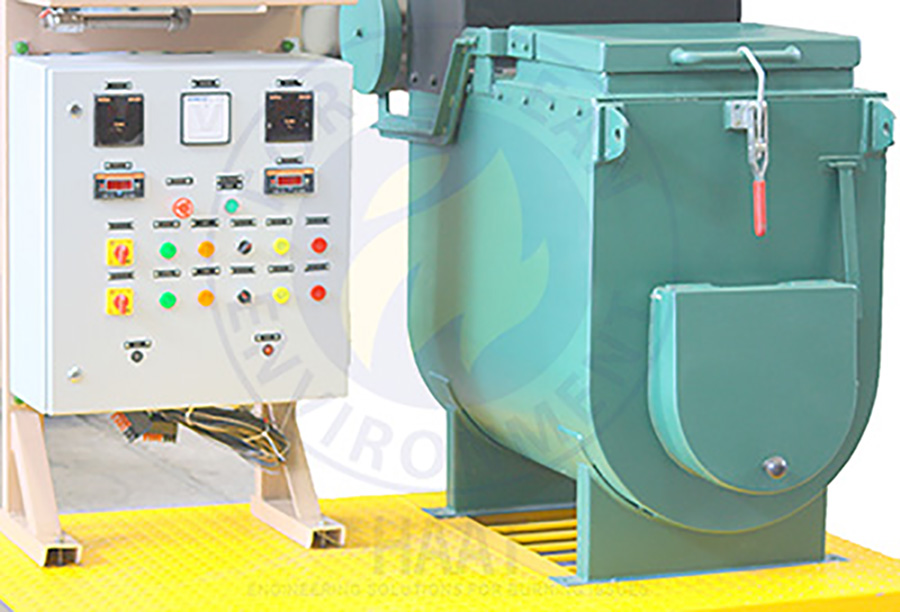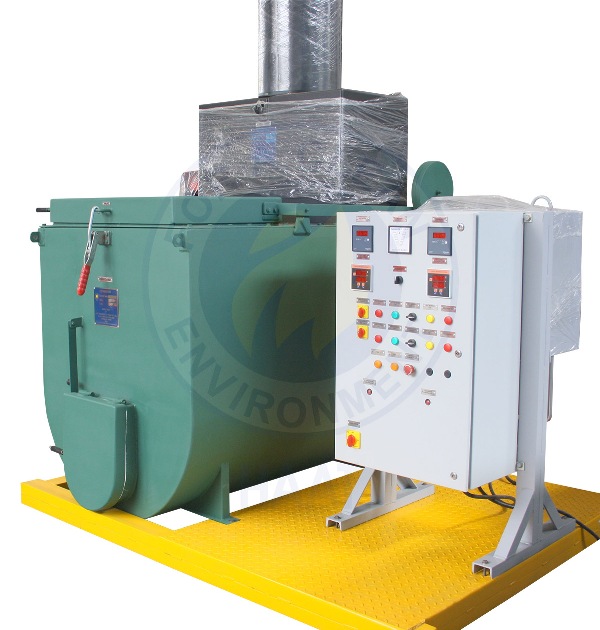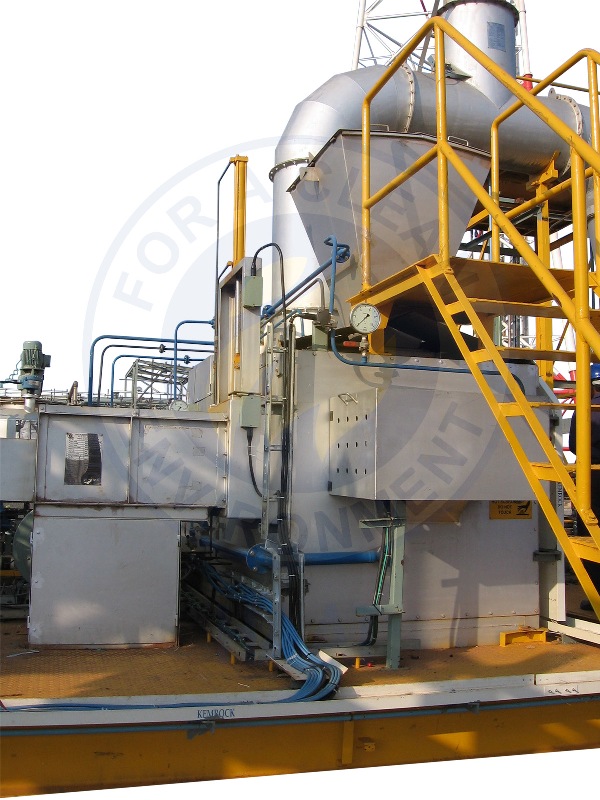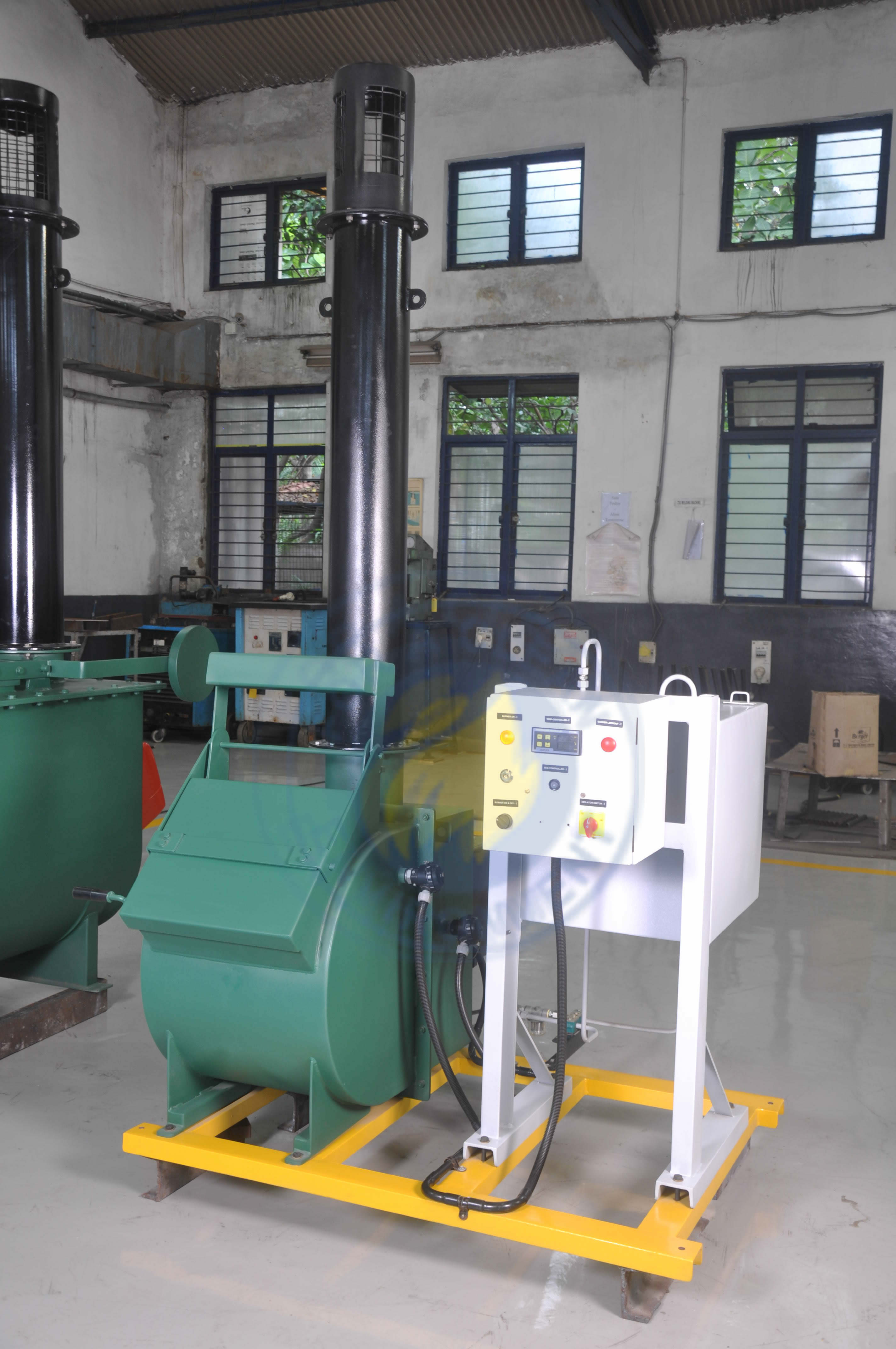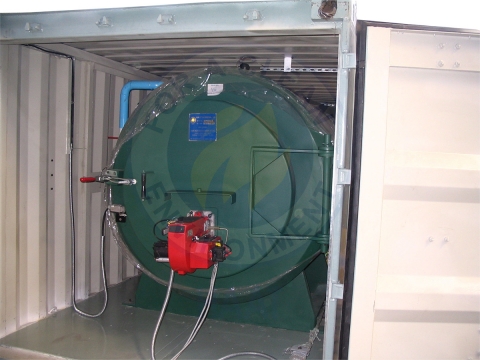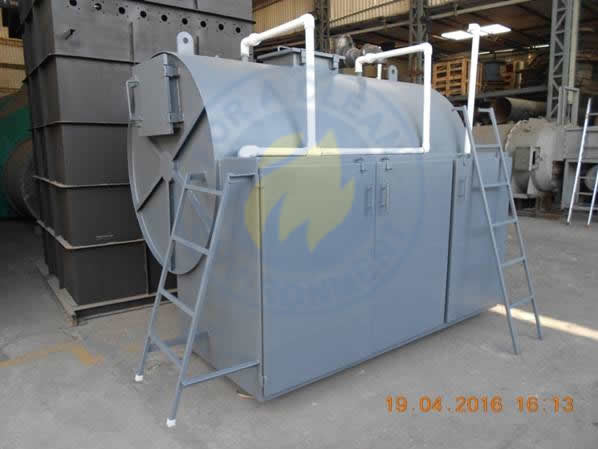What is the hospitality Industry? It consists of those service industries that serve people, tourists and businessmen who travel the world su...
What is the hospitality Industry? It consists of those service industries that serve people, tourists and businessmen who travel the world such as:
Hotels
Restaurants
Fast food chains
Retail and food stores
Takeaways
Business and industrial catering
Leisure and outdoor catering
Casinos
The Indian tourism and hospitality industry has emerged as one of the key drivers of growth among the services sector in India. During recent times, the contribution of travel & tourism to GDP was close to 7% of the total economy, i.e. close to US$ 200 B, and it continues to grow fast.
Tourism is a potentially large employment generator besides being a significant source of foreign exchange for the country. The industry generates around 14 million jobs with restaurants around 10 million, hotels 2 million and travel agents / tour operators close to a million jobs.
By virtue of the fact that this service industry is devoted to the people, particularly tourists, it generates quite a large quantity of wastes of different kinds. Generally speaking, waste from the hospitality industry consists of both wet and dry waste. The wet waste consists primarily of food waste, which can account for more than 50% of the hospitality sector waste.
The other wastes
General garbage
Packaging waste
Garden waste
Hazardous waste
Biomedical waste
Food waste is generally converted into fertilizer with the help of composting technology.
Hazardous waste is generated by the diesel generators which are a stand-by source for power supply. Waste oil is hazardous. There could be a small medical consultancy facility which may produce miniscule quantities of bio-medical waste. These wastes can be burnt in a Haat ADR incinerator along with the necessary air pollution control system if required
Floor sweepings, garden waste, packaging waste, etc. can be easily disposed of in a ‘free burning’ trash destructor like LD / MD / HD type, and these systems do not require any fuel to operate and are hence called ‘free burning’ as they utilise the calorific value of the dry waste itself.
Haat has supplied many of its systems over the years to many countries for these applications. These include Sri Lanka, Maldives, Mauritius, UAE and these are giving satisfaction to their users with their continued good performance.
“The services provided by Haat during execution of the project for supply, installation and for subsequent after sales support are appreciated.” – Binoj Koman, Sr. Div Mgr (Production), Tata Hitachi.



